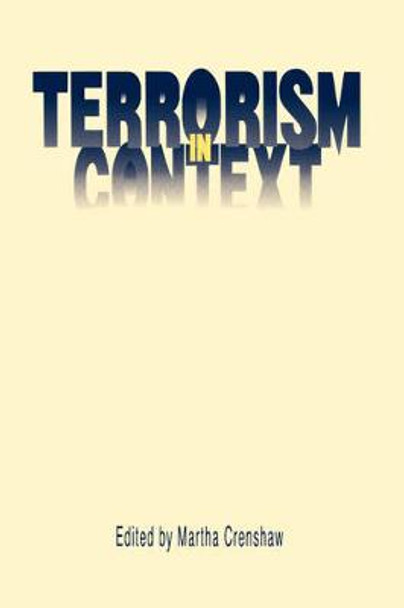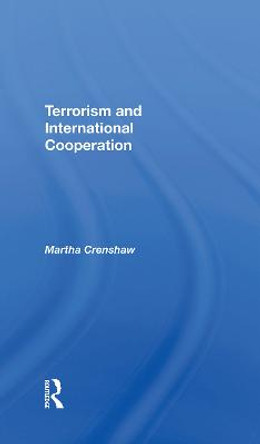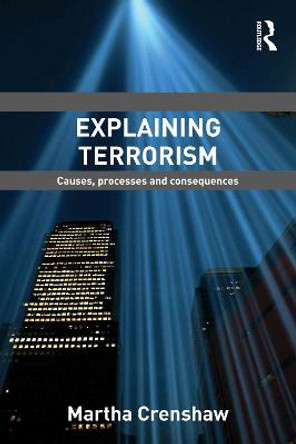Description
An interdisciplinary investigation of the phenomenon of terrorism in its political, social, and economic context as it has occurred throughout the world from the nineteenth century to the present.
Acts of violence committed by terrorists have become a staple of news reports in modern times, from hijackings to bombings, kidnappings to assassinations. How are we to understand both the causes and the consequences of these disturbing events? The key, this volume of original essays shows, lies in linking terrorism to the different contexts-historical, political, social, and economic-in which it occurs.
The fourteen contributors to this volume-historians, political scientists, and sociologists-provide the expertise to explain the continuities and discontinuities in the development of this form of violent political action in a variety of contexts. They link terrorism to the pattern of relations between state and society and between government and oppositions. Their studies range from the early manifestations of terrorism in revolutionary Russia and the anarchist movements of Western Europe and the United States in the late nineteenth century up to the terrorism still ongoing in Latin America and the Middle East. A section on left-wing terrorism covers the activities of the Italian Red Brigades and German Red Army Faction in the 1960s and 1970s, the urban guerrilla warfare in Argentina in the 1970s, and the rise of Sendero Luminoso in Peru during the 1980s and 1990s. Another section deals with terrorism arising from conflicts in divided societies-by Basques in Spain, the IRA in Northern Ireland, and Sikhs in India. The last major section considers terrorism as it has been linked to the establishment of nation-states in Algeria, the Israeli-Palestinian conflict, and the effort of Iran to export its Islamic revolution throughout the Middle East.
The Introduction sets the stage for the individual case studies by outlining an approach to analyzing terrorism in different historical contexts, and the Conclusion by French sociologist Michel Wieviorka highlights some of the common themes that emerge from the case studies and addresses their implications for further research.
About the Author
Martha Crenshaw is Professor of Government at Wesleyan University, author of Revolutionary Terrorism: The FLN in Algeria, 1954-1962 (1978), and editor of Terrorism, Legitimacy, and Power (1983).
Reviews
"Martha Crenshaw, a scholar of repute on terrorism, has done a commendable job of compiling fourteen essays grouped under three broad categories of terrorism. . . . Those cases of terrorism which are peculiar in nature or have caused serious consequences to domestic political processes are included under each category. They spread across the world covering developed and developing States, include both democratic and authoritarian regimes, represent the past and the present, explain continuities and discontinuities in the development of violent political action in a variety of contexts, and situate terrorism in the paradigm of relationship between State and society and between Governments and oppositions."
-P. Sahadevan International Studies
Book Information
ISBN 9780271010151
Author Martha Crenshaw
Format Paperback
Page Count 652
Imprint Pennsylvania State University Press
Publisher Pennsylvania State University Press
Weight(grams) 1089g
Dimensions(mm) 229mm * 152mm * 39mm






